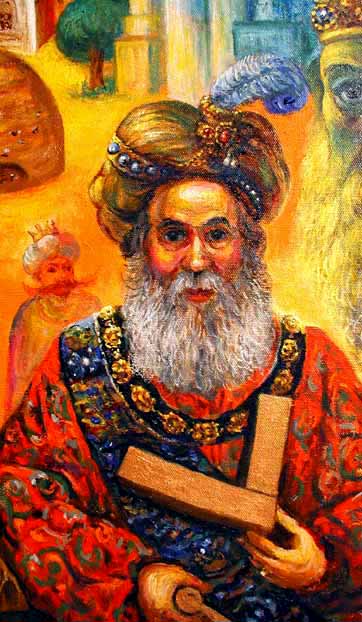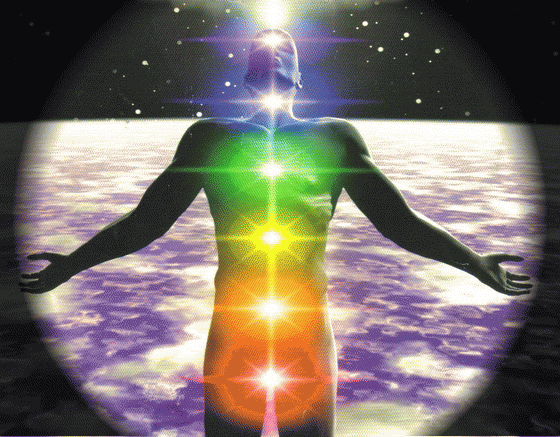p. 143
Our love of life; the tenacity with which, in sorrow and suffering, we cling to it; our attachment to our home, to the spot that gave us birth, to any place, however rude, unsightly, or barren, on which the history of our years has been written, all show how dear are the ties of kindred and society. Misery makes a greater impression upon us than happiness; because the former is not the habit of our minds. It is a strange, unusual guest, and we are more conscious of its presence. Happiness lives with us, and we forget it. It does not excite us, nor disturb the order and course of our thoughts. A great agony is an epoch in our life. We re-member our afflictions, as we do the storm and earthquake, because they are out of the common course of things. They are like disastrous events, recorded because extraordinary; and with whole and unnoticed periods of prosperity between. We mark and signalize the times of calamity; but many happy days and unnoted periods of enjoyment pass, that are unrecorded either in the book of memory, or in the scanty annals of our thanksgiving. We are little disposed and less able to call up from the dim remembrances of our past years, the peaceful moments, the easy sensations, the bright thoughts, the quiet reveries, the throngs of kind affections in which life flowed on, bearing us almost unconsciously upon its bosom, because it bore us calmly and gently.
Life is not only good; but it has been glorious in the experience of millions. The glory of all human virtue clothes it. The splendors of devotedness, beneficence, and heroism are upon it; the crown of a thousand martyrdoms is upon its brow. The brightness of the soul shines through this visible and sometimes darkened life; through all its surrounding cares and labors. The humblest life may feel its connection with its Infinite Source. There is something mighty in the frail inner man; something of immortality in this momentary and transient being. The mind stretches away, on every side, into infinity. Its thoughts flash abroad, far into the boundless, the immeasurable, the infinite; far into the great, dark, teeming future; and become powers and influences in other ages. To know its wonderful Author, to bring down wisdom from the Eternal Stars, to bear upward its homage, gratitude, and love, to the Ruler of all worlds, to be immortal in our influences projected far into the slow-approaching Future, makes life most worthy and most glorious.
Life is the wonderful creation of God. It is light, sprung from
p. 144
void darkness; power, waked from inertness and impotence; being created from nothing; and the contrast may well enkindle wonder and delight. It is a rill from the infinite, overflowing goodness; and from the moment when it first gushes up into the light, to that when it mingles with the ocean of Eternity, that Goodness attends it and ministers to it. It is a great and glorious gift. There is gladness in its infant voices; joy in the buoyant step of its youth; deep satisfaction in its strong maturity; and peace in its quiet age. There is good for the good; virtue for the faithful; and victory for the valiant. There is, even in this humble life, an infinity for those whose desires are boundless. There are blessings upon its birth; there is hope in its death; and eternity in its prospect. Thus earth, which binds many in chains, is to the Mason both the starting-place and goal of immortality. Many it buries in the rubbish of dull cares and wearying vanities; but to the Mason it is the lofty mount of meditation, where Heaven, and Infinity and Eternity are spread before him and around him. To the lofty-minded, the pure, and the virtuous, this life is the beginning of Heaven, and a part of immortality.
God hath appointed one remedy for all the evils in the world; and that is a contented spirit. We may be reconciled to poverty and a low fortune, if we suffer contentedness and equanimity to make the proportions. No man is poor who doth not think himself so; but if, in a full fortune, with impatience he desires more, he proclaims his wants and his beggarly condition. This virtue of contentedness was the sum of all the old moral philosophy, and is of most universal use in the whole course of our lives, and the only instrument to ease the burdens of the world and the enmities of sad chances. It is the great reasonableness of complying with the Divine Providence, which governs all the world, and hath so ordered us in the administration of His great family. It is fit that God should dispense His gifts as He pleases; and if we murmur here, we may, at the next melancholy, be troubled that He did not make us to be angels or stars.

Moe is the founder of GnosticWarrior.com. He is a father, husband, author, martial arts black belt, and an expert in Gnosticism, the occult, and esotericism.

![How when King Penda was slain, the province of the Mercians received the faith of Christ, and Oswy gave possessions and territories to God, for building monasteries, as a thank offering for the victory obtained [655 A.D.] | Book 3 | Chapter 24 How when King Penda was slain, the province of the Mercians received the faith of Christ, and Oswy gave possessions and territories to God, for building monasteries, as a thank offering for the victory obtained [655 A.D.] | Book 3 | Chapter 24](https://www.gnosticwarrior.com/wp-content/plugins/contextual-related-posts/default.png)





